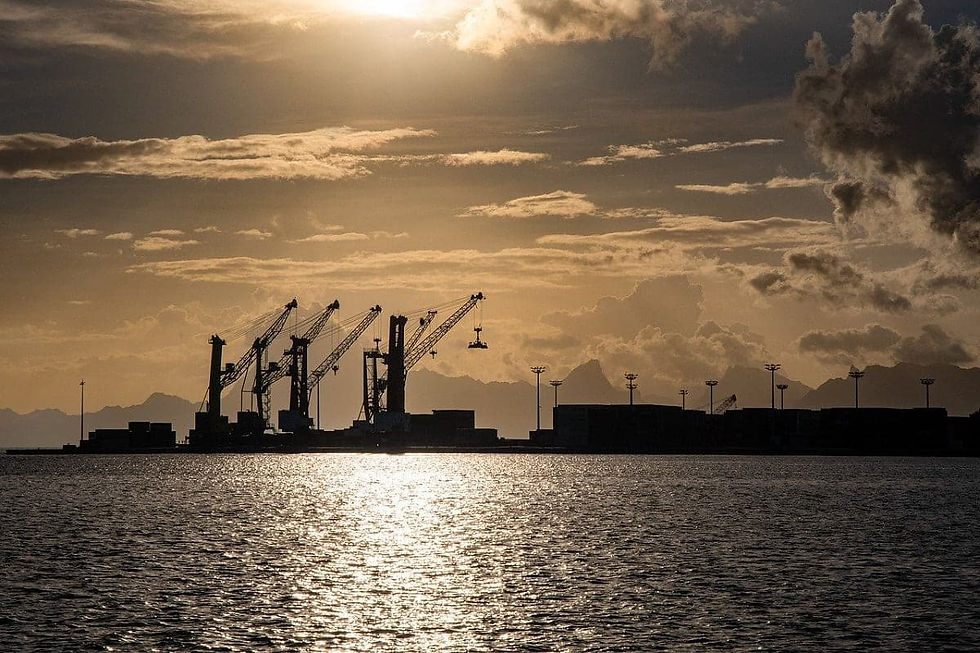Excess container demand begins to fizzle out: Sea-Intelligence
- CNXtrans

- Sep 7, 2022
- 1 min read
CONTAINER demand has slowed down in line with global fleet capacity, reports London's Port Technology.
In Sea-Intelligence's weekly Sunday Spotlight, CEO Alan Murphy looked into what the removal of capacity from the market meant for the growth of the global fleet.
Mr Murphy wrote while the nominal fleet grew at a steady rate of four per cent year-on-year in 2020-2022, there was a substantial decline in the available fleet growth as delays began to worsen.
Figure one shows cumulative growth in available fleet size and demand in TEU per miles versus January 2020.
The Covid crisis-driven surge in demand has led to carriers publishing operating profits of US$43.9 billion in Q1 2022.
The lopsided demand and supply relationship has begun to taper off in recent months. Demand was 10 per cent higher than capacity from November 2020 to January 2022.
Moreover, the gap is down to two per cent versus pre-pandemic levels.
"All in all, what the data shows is that the extreme spikes in freight rates in 2021 were indeed driven by a situation where demand suddenly exceeded capacity at a global level, primarily driven by the unavailability of capacity," said Mr Murphy.
"The recent trend towards normalisation has, in turn, also been primarily driven by gradual improvements in schedule reliability and vessel delays, and as long as improvements continue, we should expect that the supply/demand balance will also continue to decline, and freight rates will be under increasing downwards pressure."
Need a China Shipping Agent to help you consolidate and ship internationally from China?





Comments